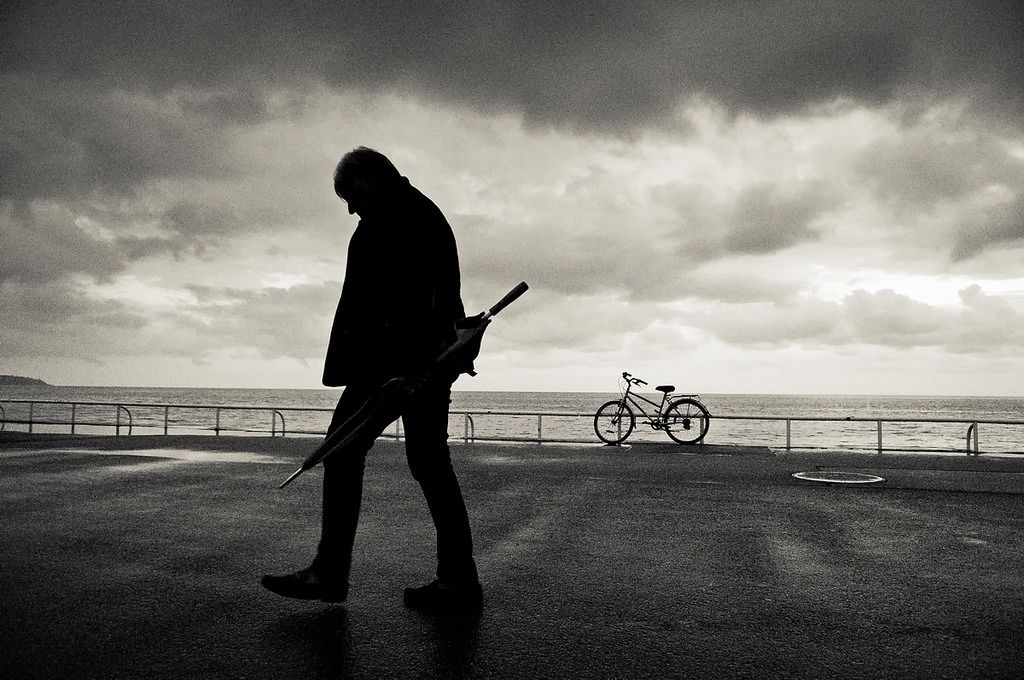The Beatles once sang: “All the lonely people. Where do they all come from?” And it’s sad to note that in Denmark today, there are an estimated 600,000 people who feel lonely, according to a recent survey.
But instead of lamenting the matter, a consortium of interest groups and organisations is taking inspiration from the next line in the song: “All the lonely people. Where do they all belong?”
They are today launching Det Nationale Partnerskab mod Ensomhed (the National Partnership against Loneliness), a 17-year strategy to address the matter.
“It comes at the right time because loneliness is spreading almost like a pandemic at the moment,” Bjarne Hastrup, the CEO of Ældre Sagen age concern group, told DR.
Women more affected than men
The consortium is acting on the Sundhedsstyrelsen health authority’s 2021 survey Danskernes Sundhed, which estimated that national loneliness is costing society more than 7 billion kroner per year.
On average, a lonely person dies ten years earlier than somebody socially engaged, concluded the survey.
The number of lonely people has grown sharply in recent years: from 8.3 percent of the population in 2017 to 12.4 percent in 2021, which is an “alarming development” according to Hastrup.
Women (14.1 percent) are more likely to feel lonely than men (10.7) and the 16-24 age group (26.3 percent of women and 18.3 percent of men) are the most likely to feel affected.
Action plan headed by Ældre Sagen and The Red Cross
The survey spurred the government into action, where a majority approved plans for a national strategy and action plan consisting of 75 initiatives that aim to halve loneliness in Denmark among over-16s by 2040.
The consortium is headed by Ældre Sagen and The Red Cross. In total it consists of 90 organisations, of which many are sport, hobby and municipally-orientated.
Some 20.8 million kroner has been set aside for the project between 2023 and 2025.
It is inspired by a similar initiative launched in Britain in 2018, where it was found that a third of all healthcare inquiries were really about loneliness and not medical issues.
Time to de-stigmatise loneliness
The first priority, according to Anders Ladekarl, the secretary general of The Red Cross, is to de-taboo loneliness.
“The most important thing is that we have a national conversation about loneliness: that it is not an individual problem to be lonely, but that it is something that we must take care of together. We need to de-stigmatise being lonely so that reaching out or being asked to join some communities is not a problem,” he said.
Hastrup tried to put into words what lonely people feel.
“When you think about the tight feeling you have in your chest – when you are lonely, have no-one to confide in, and are not included in a community – we can no longer accept that in Denmark,” he said.















